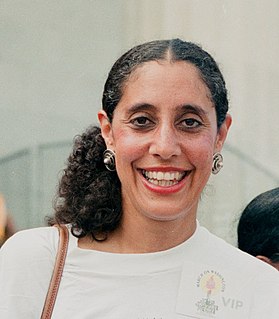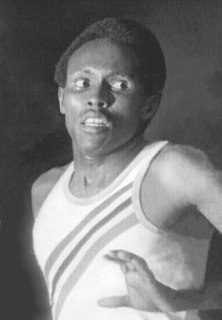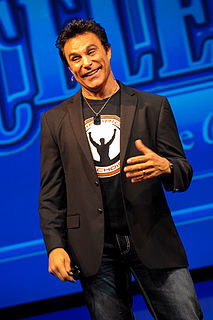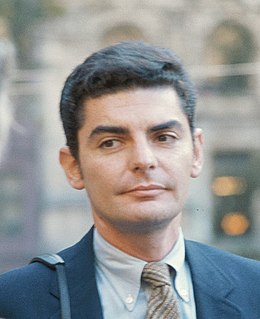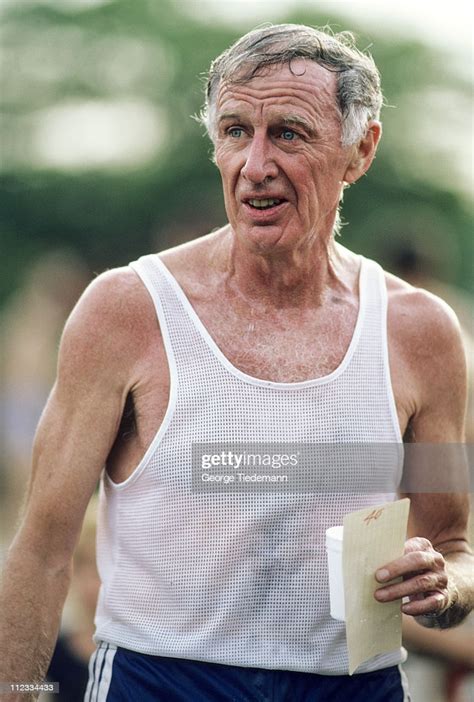A Quote by Colson Whitehead
If you write about race in 1850, you end up talking about race today because in many ways, so little has changed.
Related Quotes
Regarding the idea of race, .. no agreement seems to exist about what race means. Race seems to embody a fact as simple and as obvious as the noonday sun, but if that is so, why the endless wrangling about the idea and the facts of race. What is a race? How can it be recognized? Who constitute the several races?.
We are not post-racial. And in many ways we don't even know how to have a conversation about being post-racial. Until we get out of that old-school way of thinking about race and opportunity and the ability to transcend some of the past of this country, then we're going to be stuck in the 20th-century conversation about race.
In the past, I said I didn't want to speak on certain issues because the second I said one thing about race, then 'Tyron's playing the race card.' But if you really think about it, what is the race card? The race card is that the man held me down, I had unfair circumstances, and I wasn't able to be successful because I was held down.
It's the culture, not the blood. If you can go anywhere in the world and adopt these babies and put them into households that were already assimilated in America, those babies will grow up as American as any other baby with as much patriotism and love of country as any other baby. It's not about race. It's never been about race. In fact the struggles across this planet, we describe them as race, they're not race. They're culture based. It's a clash of culture, not the race. Sometimes that race is used as an identifier.
Today I felt like a part of something awesome, the human race. I know it can be ugly; it really is in so many ways. But today there was nothing ugly to see, just people trying to be better. And maybe that's the key. Not resolutions and forgotten promises, but instead a commitment to do this year a little better than the last. I'm feeling good about this one. I really am.
If I were an immigrant Latino not born in the US, I could not have written Searching for Whitopia: An Improbably Journey to the Heart of America book. And that is because many of the Whitopians would not have been comfortable talking about their views on immigration, talking about their views on taxes. And they wouldn't have spilled to me the new script on race and poverty as they did.
No matter how old I get, the race remains one of life's most rewarding experiences. My times become slower and slower, but the experience of the race is unchanged: each race a drama, each race a challenge, each race stretching me in one way or another, and each race telling me more about myself and others.


